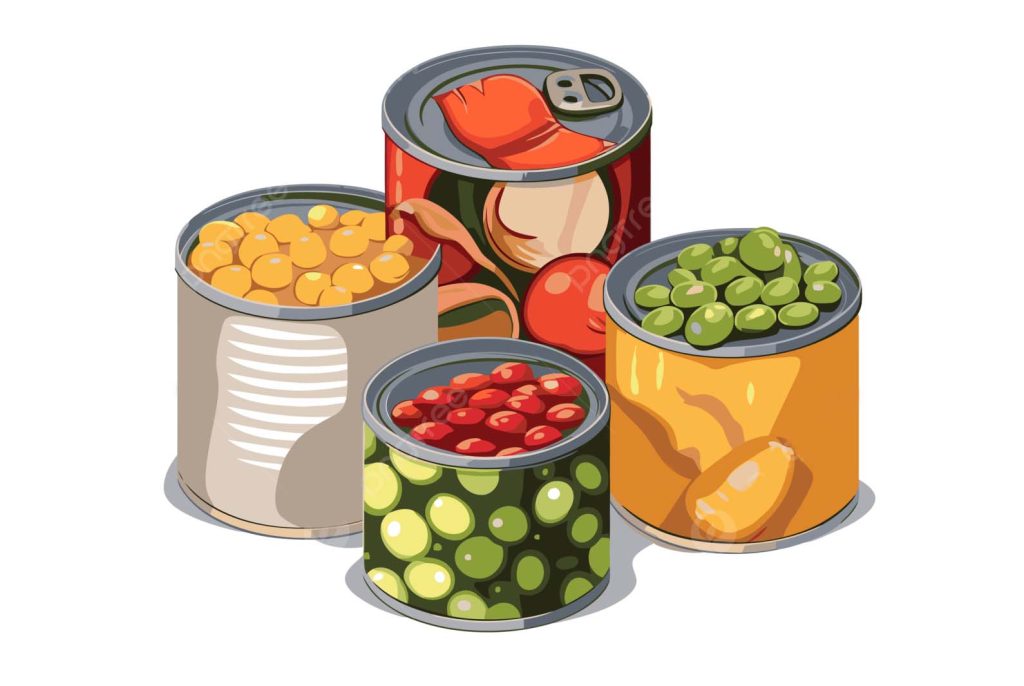
For enquiries about supplying foodstuffs, please don’t hesitate to reach out to Rowyal. You can contact us at +98-9171199398 or email us at info@Rowyal.com.
The Arab world, with its rich culinary traditions and rapidly growing economies, presents a lucrative opportunity for food traders. From the bustling souks of Marrakech to the modern supermarkets of Dubai, the demand for quality foodstuffs in Arab markets continues to rise. However, navigating these markets requires more than just a good product; it demands an understanding of local cultures, business practices, and consumer preferences.
This comprehensive guide aims to provide valuable insights and practical tips for traders looking to enter or expand their presence in Arab food markets. We’ll explore the unique characteristics of these markets, discuss key considerations for various types of foodstuffs, and offer strategies for building successful business relationships in the Arab world.
Whether you’re a seasoned trader or new to the industry, this article will equip you with the knowledge and tools necessary to thrive in the dynamic and diverse landscape of Arab food markets.
The Arab world has been at the crossroads of global trade for millennia. Ancient trade routes like the Silk Road and the Incense Route passed through Arab lands, facilitating the exchange of goods, ideas, and culinary traditions. This historical legacy continues to influence modern Arab markets, where a blend of traditional practices and contemporary business methods coexist.
The spice trade, in particular, played a crucial role in shaping Arab markets. Cities like Cairo, Damascus, and Baghdad became important hubs for the trade of exotic spices from the East to European markets. This historical background has contributed to the sophisticated palates and diverse culinary landscapes found across the Arab world today.
Cultural significance of food in Arab societies: Food holds a central place in Arab culture, extending far beyond mere sustenance. It is a symbol of hospitality, a focal point for social gatherings, and an integral part of religious and cultural celebrations. Understanding this cultural significance is crucial for anyone looking to trade foodstuffs in Arab markets.
In many Arab countries, meals are communal affairs, with families and friends gathering to share dishes served on large platters. This tradition influences buying habits, with a preference for bulk purchases and family-sized packaging. Additionally, certain foods hold special significance during religious periods such as Ramadan, when demand for particular items can spike dramatically.
The concept of hospitality, or “karam” in Arabic, is deeply ingrained in Arab culture. Offering food to guests is considered a matter of honor, which translates into a constant demand for high-quality ingredients and specialty items. Traders who can provide these sought-after products consistently and reliably can build strong, lasting relationships with their customers.

While the Arab world shares many cultural similarities, it’s important to recognize the diversity within this vast region. Each country, and often each city, has its own unique characteristics that traders must understand to be successful.
Gulf Cooperation Council (GCC) countries: These oil-rich nations, including Saudi Arabia, the United Arab Emirates, Qatar, Kuwait, Bahrain, and Oman, are characterized by high purchasing power and a taste for luxury food items. They rely heavily on imports due to limited agricultural production. Modern supermarkets and hypermarkets are common, but traditional souks still play an important role.
North African countries: Morocco, Algeria, Tunisia, and Egypt have strong agricultural sectors and vibrant local food cultures. Traditional markets and small shops are more prevalent here, although modern retail is growing. These markets often prefer locally sourced products but also have a demand for imported specialty items.
Levant countries: Syria, Lebanon, Jordan, and Palestine have diverse food cultures influenced by their Mediterranean location. These markets are often more price-sensitive than the Gulf countries but still value quality and authenticity in food products.
Iraq: Despite political challenges, Iraq represents a significant market with a growing demand for imported foodstuffs. The market is evolving rapidly as the country rebuilds its infrastructure.
Yemen: Although facing economic challenges, Yemen has a rich food culture and a growing need for imported staples and specialty items.
Understanding the nuances of each market is crucial for traders. Factors such as local tastes, purchasing power, import regulations, and distribution channels can vary significantly from one country to another.
Spices and herbs
Spices and herbs are integral to Arab cuisine and represent a significant segment of the foodstuff trade. Popular items include:
When trading spices, quality and authenticity are paramount. Many Arab consumers are discerning about their spices and willing to pay premium prices for the best quality. Proper packaging to maintain freshness and aroma is crucial.
Grains and pulses
Grains form the foundation of many Arab diets. Key products include:
When trading grains and pulses, consistency in quality and size is important. Many consumers have preferences for specific varieties or origins of these staples.
Fruits and vegetables
Despite challenging growing conditions in many Arab countries, fruits and vegetables are an essential part of the diet. Popular items include:
For fresh produce, efficient logistics and cold chain management are crucial to maintain quality. Some markets may have specific requirements for pesticide use or organic certification.
Meats and dairy products
Meat consumption varies across the region, but some common products include:
Dairy products are also important:
Halal certification is crucial for all meat products. For dairy, ultra-high temperature (UHT) processing is often preferred due to the hot climate and sometimes unreliable cold chains.
Processed and packaged foods
The market for processed and packaged foods is growing rapidly in many Arab countries, driven by changing lifestyles and increased urbanization. Popular categories include:
When trading processed foods, attention to labeling requirements, including Arabic translations and halal certification, is crucial. Adapting flavors and packaging to local preferences can also significantly boost sales.

Import/export regulations: Navigating the complex web of import and export regulations is crucial for successful food trading in Arab markets. Each country has its own set of rules and procedures, which can change frequently. Key considerations include:
It’s advisable to work with local partners or consultants who are familiar with the latest regulations and can help navigate the bureaucratic processes.
Food safety standards: Food safety is a growing concern in Arab markets, with many countries implementing stricter standards and enforcement. Key aspects include:
Traders should be prepared to provide detailed documentation on their food safety practices and may be subject to inspections or testing upon import.
Halal certification: Halal certification is crucial for many food products in Arab markets, particularly those containing animal-derived ingredients. Points to consider:
Labeling requirements: Proper labeling is essential for compliance and consumer acceptance. Key requirements often include:
It’s important to note that labeling requirements can differ between countries, so traders should always verify the specific requirements for their target market.
Adapting to local tastes and preferences: Success in Arab food markets often hinges on the ability to adapt products to local tastes and preferences. This involves:
Packaging considerations: Packaging plays a crucial role in product appeal and preservation. Key considerations include: